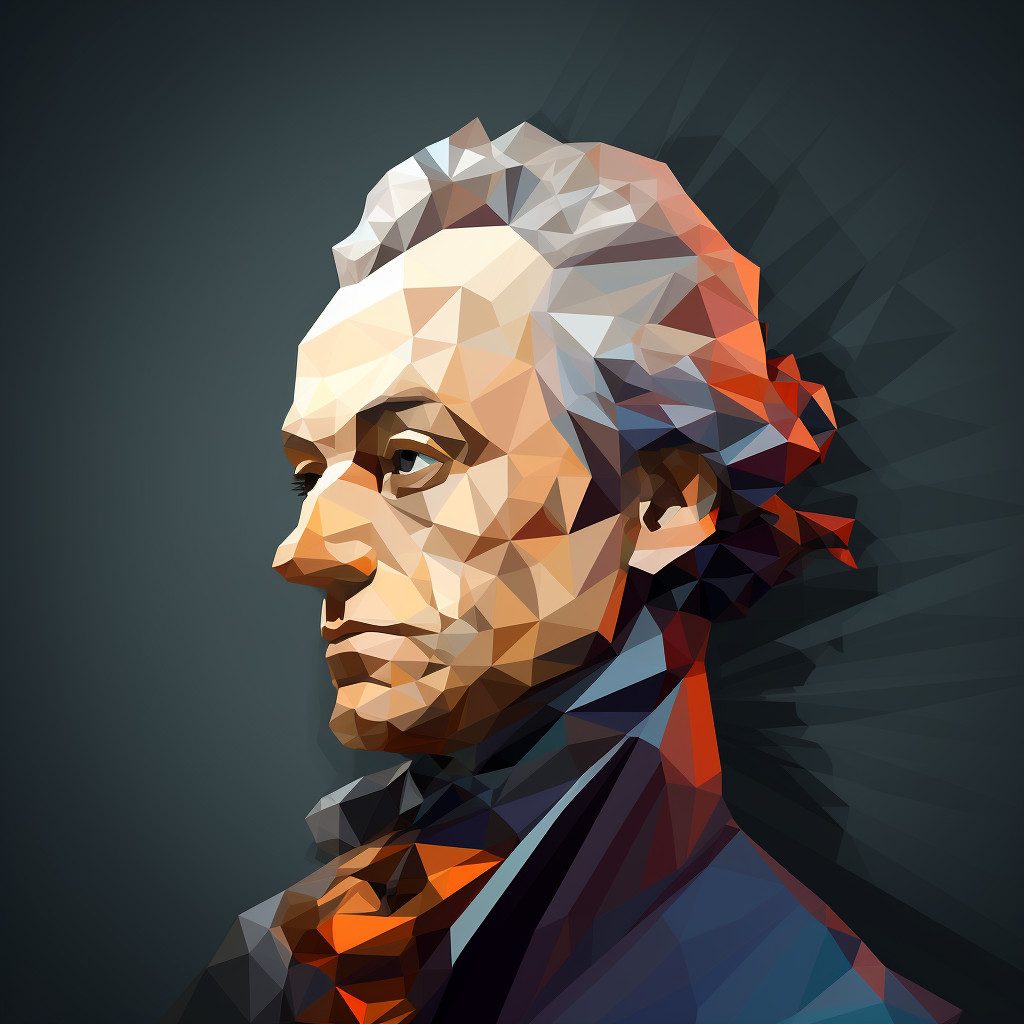This quote suggests that our understanding of the world, our beliefs, ideas, and concepts, all originate from our experiences. It underscores the importance of experience as the foundation of knowledge. Without experiencing things, we wouldn’t be able to form ideas or understand concepts. It’s through the process of living, interacting, and experiencing that we acquire knowledge.
In essence, this quote is a nod to empiricism – a philosophical theory that knowledge comes primarily from sensory experience. It emphasizes the role of evidence and experience in the formation of ideas, as opposed to the notion that knowledge is innate or can be gained independently of experience.
In the context of today’s world, this idea is more relevant than ever. In an age of information overload, where we are constantly bombarded with news, opinions, and data, it’s easy to lose sight of the importance of personal experience. We may be tempted to form opinions based on what we read or hear, but this quote reminds us that true knowledge comes from our own experiences, not second-hand information.
In terms of personal development, it suggests that we should value and seek out new experiences as a way of expanding our knowledge and understanding of the world. It encourages us to step out of our comfort zones, to engage with different people, cultures, and ideas, and to continually challenge our preconceptions. It’s through this process of experiential learning that we grow as individuals.
Moreover, it also highlights the importance of reflection. After having an experience, it’s crucial to reflect on it and draw lessons from it. This process of reflection is what turns raw experience into meaningful knowledge.
In conclusion, this quote serves as a reminder that experience is the best teacher. It encourages us to be active participants in our own learning, to seek out new experiences, and to continually reflect on and learn from these experiences.










